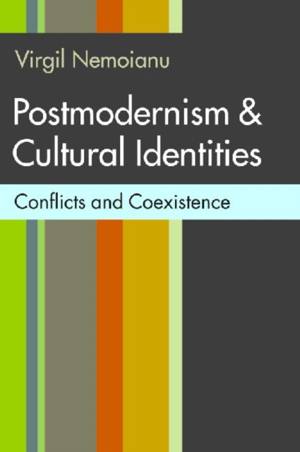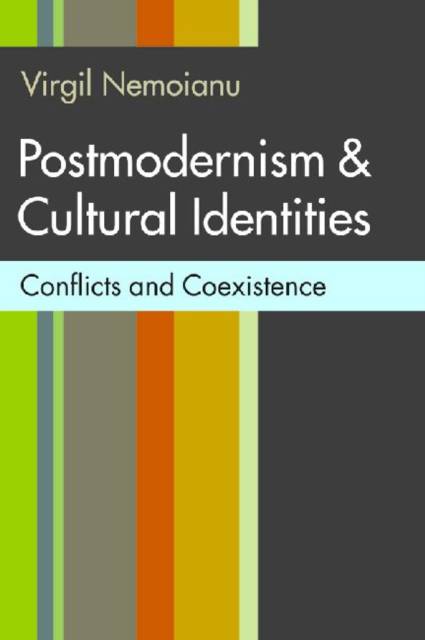
- Afhalen na 1 uur in een winkel met voorraad
- In januari gratis thuislevering in België
- Ruim aanbod met 7 miljoen producten
- Afhalen na 1 uur in een winkel met voorraad
- In januari gratis thuislevering in België
- Ruim aanbod met 7 miljoen producten
Omschrijving
Virgil Nemoianu's book starts from the assumption that, whether we like it or not, we live in a postmodern environment, one characterized by turbulence, fluidity, relativity, commotion, uncertainty, and lightning-fast communication and change. One question raised under these circumstances is whether we have thus entered an age of "posthistory," one radically different from whatever happened in the past 10,000 years or so, or whether our present continues to be understandable by the methods of the philosophy of culture. The other important question is whether inside the postmodernist turmoil we can discover islands of stability, durability, continuity, and coherence.
In answering such questions Nemoianu provides examinations of a political, religious, and aesthetic (particularly literary) nature. The book draws the conclusion that relativity and skeptical uncertainty themselves require such components of coherence and stability to prevent postmodernity from turning into uniformity and predictability. To the extent that most, or even all, things are considered carriers of truth, their opposite (the cultural identities) must also be granted the very same privilege. The "adversarial" islands are engaged in a complex network of relations with their tempestuous surroundings, thereby ironically vindicating them by contrast. Hope is emphasized as the prominent and fundamental virtue of our time, and as the bridge connecting past, present, and future.
The epilogue of the book suggests a tentative and subjective model of a defensive "philosophical garden" which might help the reader imagine how to find appropriate protection--by isolation and creative interaction at the same time--in a world of chaos and disorder.
Virgil Nemoianu is widely recognized as a leading scholar in comparative literature, literary criticism, and intellectual history. He is William J. Byron Distinguished Professor of Literature and ordinary professor of philosophy at the Catholic University of America, where he has taught since 1979. He has held executive positions in the International Comparative Literature Association, the Modern Language Association, and the Association of Literary Critics and Scholars; he is a member of the European Academy of Arts and Sciences. Nemoianu has written, edited, or translated 16 books, most recently The Triumph of Imperfection: The Silver Age of Sociocultural Moderation in Early Nineteenth-Century Europe.
PRAISE FOR THE BOOK:
"This splendid work goes right to the heart of contemporary debates over the 'postmodern' condition. It is an original creative work in the philosophy of culture, a capstone statement by a renowned scholar."--Gerald Gillespie, emeritus professor of comparative literature, Stanford University
"Nemoianu's scholarship is simply dazzling in its breadth and scope. There are many books that argue for the importance of the humanities in the current socio-cultural climate, none, however, from Nemoianu's inclusive and broad perspective or with his truly exceptional knowledge and erudition."--Mihai I. Spariosu, distinguished research professor, University of Georgia
Specificaties
Betrokkenen
- Auteur(s):
- Uitgeverij:
Inhoud
- Aantal bladzijden:
- 392
- Taal:
- Engels
Eigenschappen
- Productcode (EAN):
- 9780813216843
- Verschijningsdatum:
- 21/12/2009
- Uitvoering:
- Hardcover
- Formaat:
- Genaaid
- Afmetingen:
- 160 mm x 236 mm
- Gewicht:
- 771 g

Alleen bij Standaard Boekhandel
Beoordelingen
We publiceren alleen reviews die voldoen aan de voorwaarden voor reviews. Bekijk onze voorwaarden voor reviews.









